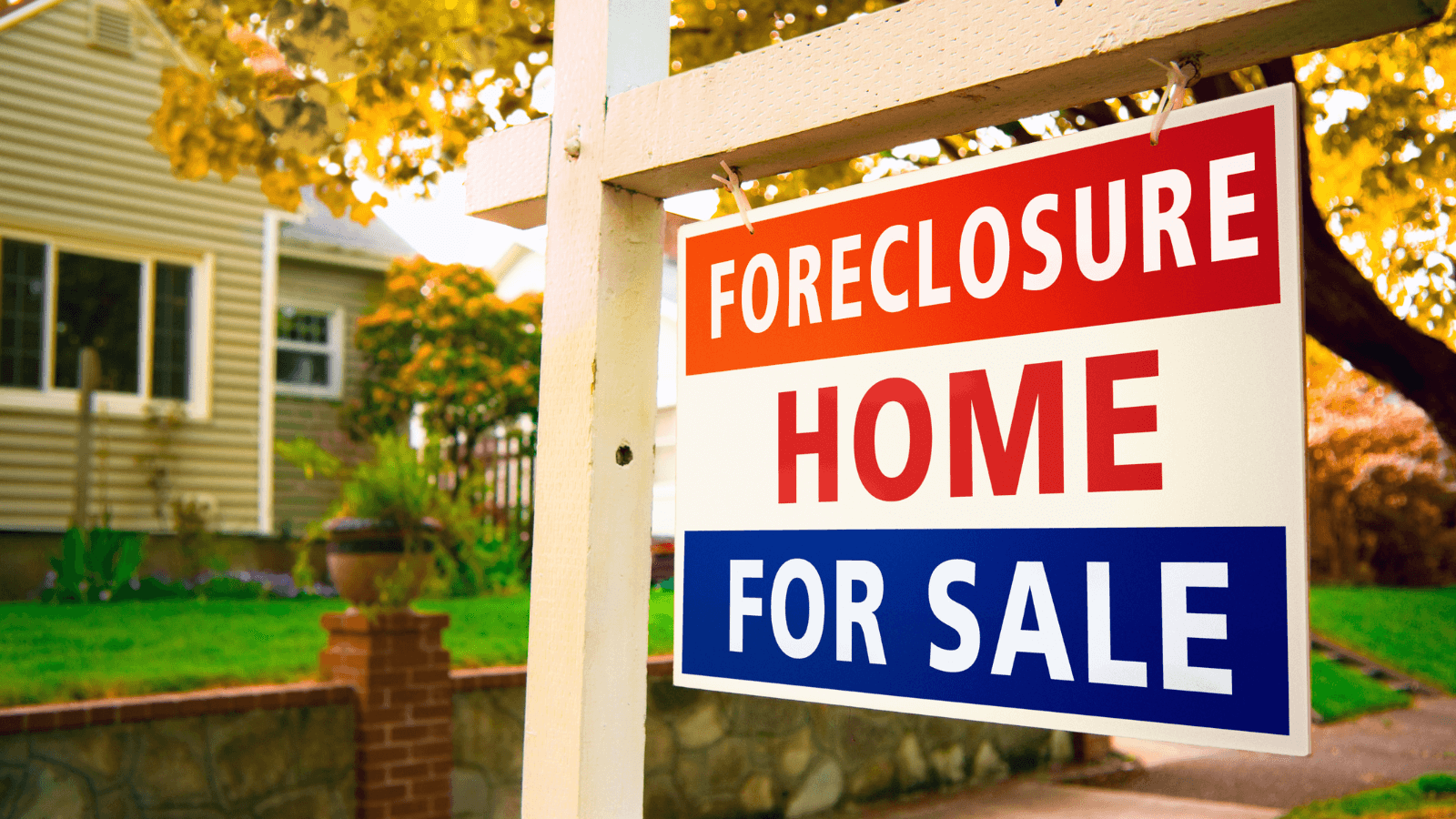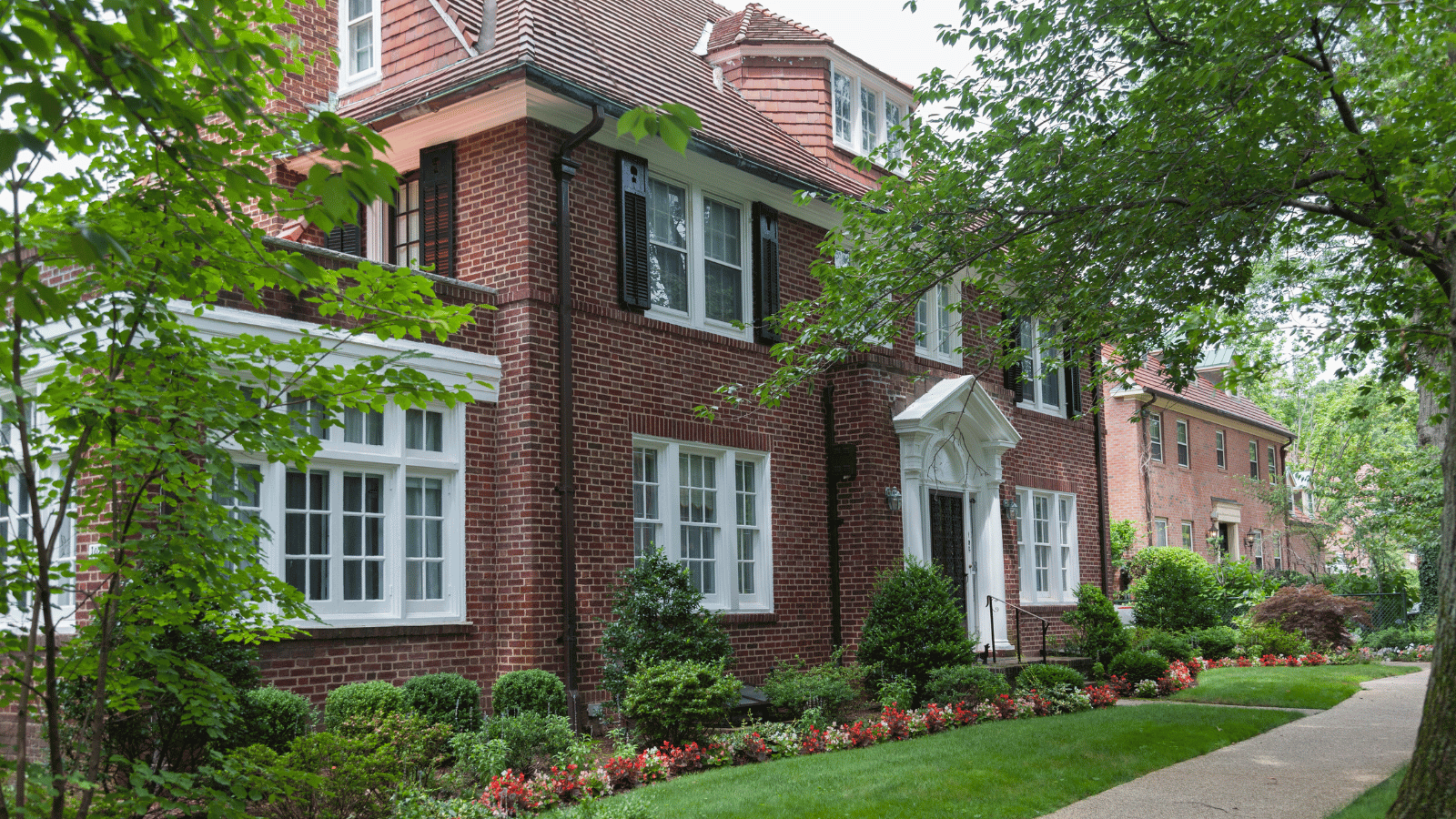-
Selling Your Home in North Carolina Without a Real Estate Agent (FSBO)

Selling your home can be a monumental task, but for some homeowners in North Carolina, the journey toward a successful sale starts with the decision to go “For Sale By Owner” (FSBO). This approach, where homeowners take on the role of the seller without a real estate agent, gives more control to homeowners looking to…
-
Legal Lingo: Understanding Key Terms in a Criminal Trial

If you find yourself charged with a crime or somehow involved in a criminal court case in North Carolina, you’re likely to encounter a lot of unfamiliar jargon. In this installment of our Legal Lingo blog series, we’ll explore and define some of the terms you’re likely to encounter during a criminal case so that…
-
A Guide to Buying a Foreclosed Home in North Carolina

In light of the current economy and real estate market, many homebuyers in North Carolina are turning to the foreclosure home market to find more affordable houses in markets where they have been priced out. While this can be a great way to get a good deal on a property, this can also be a…
-
Understanding Real Estate Titles in North Carolina

Entering the realm of real estate in North Carolina can feel like stepping into a labyrinth of terms and concepts. One concept that emerges in all property transactions is “title.” When someone buys or sells a property, the title must be transferred from the seller to the buyer. This process can be complicated, and understanding…
-
Navigating Probate: What You Need to Know When Inheriting a Home in North Carolina

Losing a loved one is never easy. However, while you’re dealing with the emotional side of grief and loss, adding in the legal and financial aspects that come with inheriting a home can be extra overwhelming and daunting if you’re unfamiliar with the probate process. Suppose you have recently inherited a home in North Carolina.…
-
Property Disputes: How to Resolve Boundary Line Issues in North Carolina

Property disputes can be both emotionally and financially draining. One of the most common sources of property disputes in North Carolina is boundary line issues. These disputes arise when property owners have disagreements or uncertainties regarding where one property ends and another begins. Resolving boundary-line issues can be challenging, but it’s essential to address these…
-
HUD Homes: Making Homeownership More Accessible in North Carolina

While homeownership remains a dream for most Americans, today’s economy and real estate market have made it difficult for many to make that dream a reality. Many homebuyers turn to the foreclosure home market to find more affordable houses in markets where they have been priced out, only to find that wealthy investors who buy…
-
Why You Should Hire a Lawyer if You Receive a Speeding Ticket in North Carolina

We’ve all been there: the heart-pounding moment when those flashing blue lights appear in your rearview mirror, and you realize you’ve been pulled over for speeding. It’s a situation that can happen to anyone, and while it might seem like a minor traffic violation, receiving a speeding ticket can have significant consequences that go beyond…
-
FAQs: Real Estate Closings in North Carolina

Becoming a homeowner involves several crucial milestones, with real estate closing being one of the most significant. The real estate closing, or settlement, is the final step in the home-buying process. It’s when property ownership is transferred from the seller to the buyer. During this meeting, both parties and their representatives gather to review and…
-
9 Reasons Why You Need a DWI Attorney In North Carolina

Facing charges of Driving While Impaired (DWI) in North Carolina is a serious matter that can have severe consequences on multiple aspects of your life. To navigate through the complexities of the legal system and to protect your rights, having an experienced attorney is crucial. In this blog, we will explore nine reasons why you…

